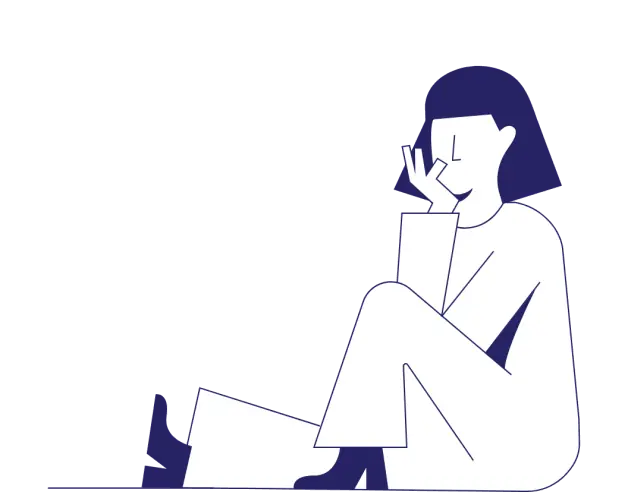
- 3-minute read
- 11th August 2023
Cliché: Definition and How to Avoid It in Writing
The discontented writer paced the room impatiently. “Time is of the essence. My assignment was due an hour ago,” she muttered. “But better late than never.”
Can you spot the cliché(s) in the above sentence?
What is a Cliché?
Clichés are expressions, phrases, or ideas that are overused to such an extent readers or audiences are tempted to roll their eyes or groan when they encounter them. They’re not always ineffective though, especially in genres like comic books, particular types of comedy, and mass-market novel genres, such as romance and westerns.
A common cliché in romance novels, for example, is the notion and plot device of love at first sight – the idea that two people can meet for the first time and immediately fall deeply in love, often without knowing much about each other’s personalities, values, or interests. It’s used frequently in literature, movies, and ads and is sometimes used as a reference point by people in everyday conversations about relationships.
Many writers who seek to maintain a sense of originality in their work would avoid using it. Likewise, they would probably avoid a slightly contrasting cliché – opposites attract.
Clichés also appear in advertisements, where some degree of them is expected to establish a sense of familiarity, create a shared understanding, and lead to an expected conclusion.
What Are Other Examples of Clichés?
All the below examples fall into the category of clichés:
Find this useful?
Subscribe to our newsletter and get writing tips from our editors straight to your inbox.
● Actions speak louder than words: This saying suggests that someone’s actions are more meaningful and truthful than what they say. It’s often used to emphasize the importance of demonstrating one’s intentions through actions rather than writing or talking.
● All’s fair in love and war: This idea implies that anything goes in matters of love and conflict. It’s used to justify unethical or ruthless behavior by suggesting that there are no rules in these situations.
● Don’t judge a book by its cover: This warning advises against forming opinions about someone or something based solely on their appearance. It’s meant to encourage people to look deeper and consider other factors before making judgments.
When and How Not to Use Cliché
If you’re writing an essay like a statement of purpose for an academic position, clichés should be avoided as they don’t provide an original, unique sense of who you are as a person and what your experience and background have provided. In such writing, it’s preferable not to revert to generalized statements. Instead, focus on the aspects of your experience, argument, or plot that demonstrate individuality, life experience, or contrast.
When trying to write without clichés in fiction, consider whether dramatic, sensationalized, or stereotypical elements of your story are overplayed.
Writers should be aware of clichés in any genre, considering how and if they may enhance or inhibit the intention of their communication.